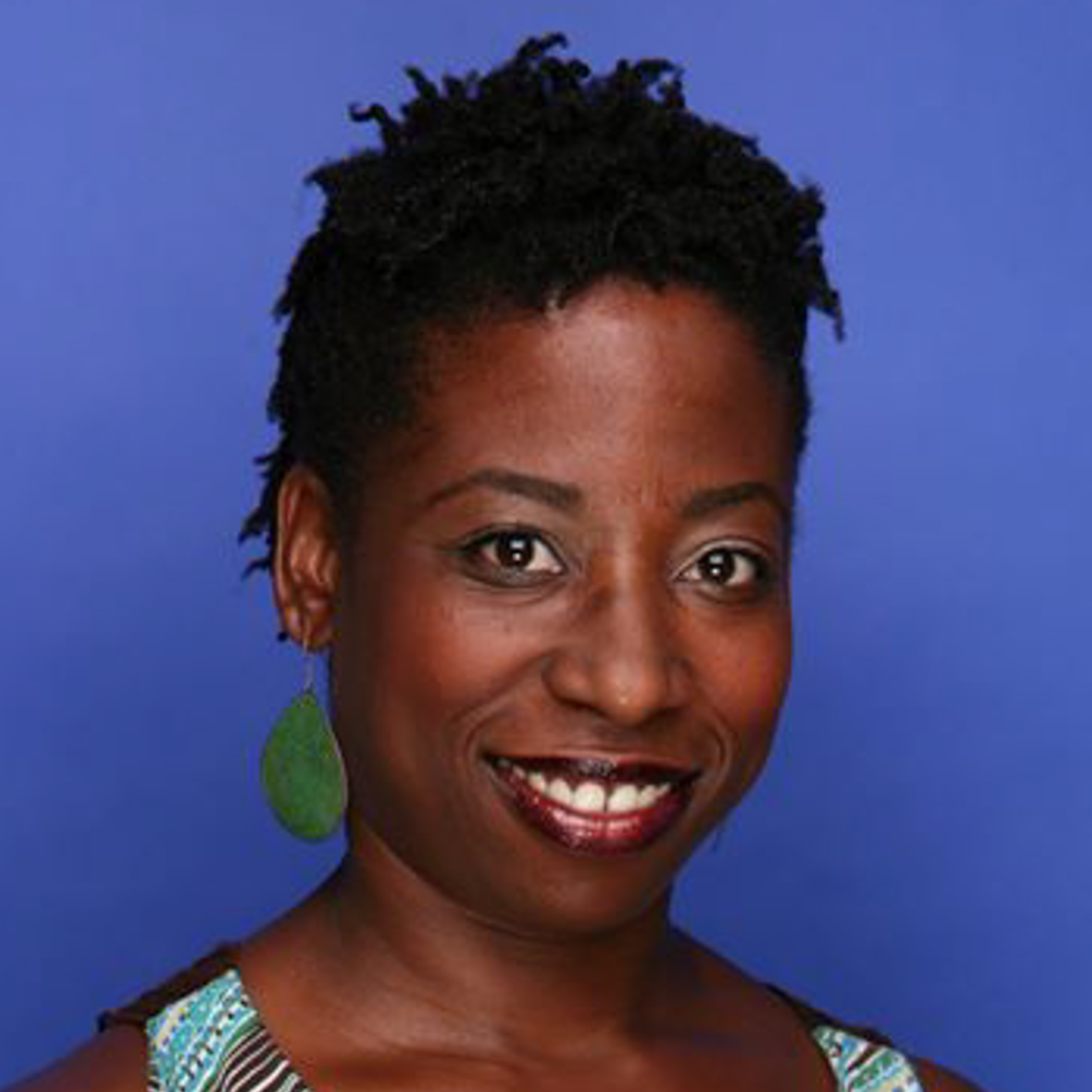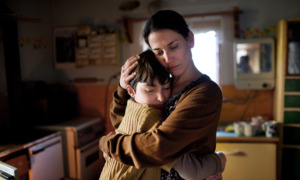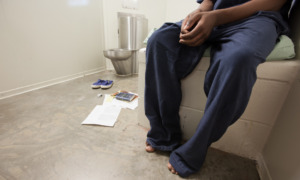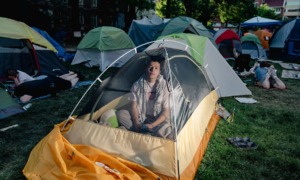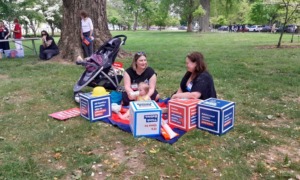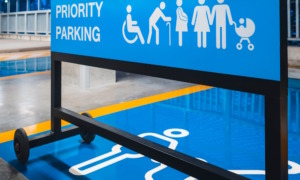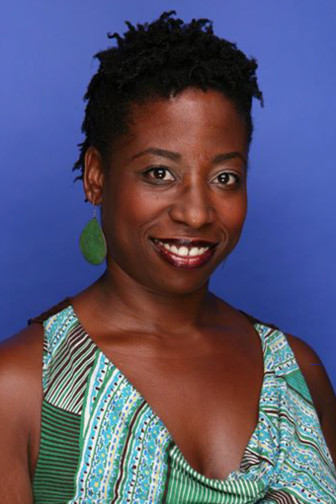 Ever send your kid to his room to “think about what he’s done” in order to give him time to be alone to reflect, feel remorseful and come out to hug you and tell you he’s sorry and it won’t happen again? Can you recall the aftermath when he willingly accepted your hug of approval — or better yet when he came to you for much-needed comfort following a punishment? Maybe it doesn’t turn out that storybook perfect, but it works and has for centuries.
Ever send your kid to his room to “think about what he’s done” in order to give him time to be alone to reflect, feel remorseful and come out to hug you and tell you he’s sorry and it won’t happen again? Can you recall the aftermath when he willingly accepted your hug of approval — or better yet when he came to you for much-needed comfort following a punishment? Maybe it doesn’t turn out that storybook perfect, but it works and has for centuries.
So why, then, has our system been sending our children to a dark corner and leaving them there to stew instead of talking out their issues? Why have we been leaving kids to deteriorate, suffer and not receive solace or comfort? Apparently, because it’s the American way.
Until now.
President Obama this week has officially called a stop to juvenile solitary confinement. With the help of scores of grassroots groups, advocacy organizations and families of suffering children — and even children who have passed away — solitary confinement for kids has come to an end.
As a mother of two children who have been labeled “at-risk” because of their race, upbringing and mailing address, my fear is that they fall into the cracks of the school-to-prison pipeline. Every moment I’m not with them — a good 12 hours each day — I wonder what they’re doing, how they’re reacting to situations, if they’re being targeted and if I will get a call that will break my heart and soul.
We all read and watch the news and see what’s happening to our young black boys — and now our girls. I’ve heard firsthand from a fellow parent about targeting and profiling of a young man my son’s age while simply sitting at a bus stop in a so-called good neighborhood.
So in the event all my efforts to keep my children out of the juvenile and criminal justice system fail, I want to know that they have a chance for true redemption and rehabilitation, and receive a second chance in society where they are equipped mentally to navigate the course of life instead of having to deal with the additional effects of having been isolated.
The banning of solitary confinement for juveniles is a first step. Our children currently incarcerated in juvenile detention facilities across the country now have a chance to work through their problems. They now have a chance to talk things out while getting rehabilitated instead of being isolated for a day, a week, a year. They now have a chance to survive — unlike Kalief Browder.
In the juvenile justice system, approximately half of all suicides occur in confinement, according the Campaign for Youth Justice. Furthermore, it reports that kids are 36 times more likely to commit suicide in solitary in an adult jail than if they were in solitary in a juvenile detention facility and 19 times more likely to kill themselves in isolation than in general population.
Again, Obama’s move is just a first step. I know, we always say that. OK … a second step, considering the increased progress in juvenile justice reform with the emergence of juvenile courts and the closing of several juvenile detention centers.
But our children, according to Solitary Watch, are often held in solitary confinement or room confinement for their protection from older, more dangerous offenders and/or because “there is nowhere else to put them.” So the time is now to reassess how and why we are jailing and imprisoning our youth and what the alternatives are.
Age-appropriate discipline, followed by conversation — long lectures in my case — and regular follow-ups and check-ins seem efficient. When it comes to our kids committing more heinous offenses, the above still works — amped up, of course, with interventions, tailored steps to rehabilitation and mental health treatment.
That’s called a second chance. And with our own kids, our flesh and blood — it’s probably their 150th chance — and that’s because they’re kids. They are still learning cause and effect. They are attempting to master problem solving and troubleshooting skills. Heck — so are we as adults.
Zerline Hughes is a Washington, D.C., communications consultant and blogger on social justice issues. Her blog Not These Two focuses on keeping her children out of the school-to-prison pipeline. Follow her on Twitter at @zerlinehughes.


